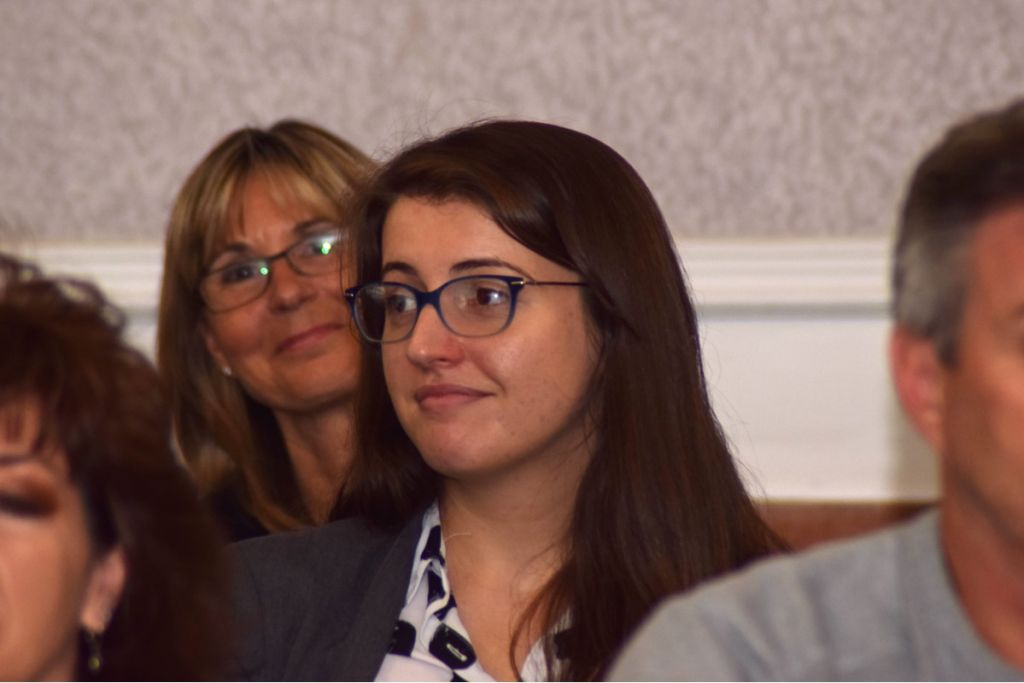Throughout much of the strike, the Algonquin Student’s Association remained neutral on the politics of the strike, drawing criticism from many students who felt the SA was supposed to be representing them during that time.
On the fifth week of the work stoppage the SA finally spoke out, spending about $20,000 on three days’ worth of radio advertisements that encouraged faculty to vote yes in the College Employer Council’s final offer in an effort to get students back in the classroom.
The move further angered students on social media, who felt it was too much money to spend that could’ve been used to help students who suffered financially during those five weeks out of class.
“I do understand that $20,000 carries some sticker shock there; that is a large sum of money” explained Victoria Ventura, the SA president. “But we worked within the parameters of our marketing budget. We’re fortunate that we have multiple revenue streams beyond any student activity fees and it was also a decision that we made after lots of deliberation with the board. It was not a rash decision,”
Ventura said the logic behind those advertisements was not to take a side but rather to take a stand. Because the SA was unsure of the voting outcomes and whether the province would legislate back-to-work for union members or not, Ventura said they wanted to get students back in class as soon as possible.
“Clearly the process that was happening when the faculty were out on the picket lines wasn’t working and I think [the new collective agreement] is going to take a little while. Whether or not it’s through arbitration it’s still going to take some time but students don’t have the luxury of time with their semester,” she said.
Now that the strike is over, the SA is hoping to see the college increase all of its support services to help students who were severely affected by the strike and help them manage stress as they resume the school year.
Ventura believes because this strike lasted so long and brought many deep-seated issues in Ontario politics to light which will be addressed in arbitration, that any possible future strikes will not be nearly as long or ugly as this one was.
She also said that what students are expecting to happen regarding coursework and stress throughout the rest of the year will not actually happen or be as bad as it seems.
“Each professor is creating their own recovery plan, but the administration is really trying to not cram everything but reevaluate and decide what is necessary and actually tied to the course learning outcomes, and what is just extra and how to get rid of that extra,” said Ventura.
The provincial government announced on Nov. 20 that full refunds are expected to be given to students who dropped out for strike-related reasons.
In addition, full-time students who stay enrolled can apply to receive up to $500 for unexpected costs they incurred during the strike, such as plane, train or bus tickets that required rebooking and additional rent costs for January.


